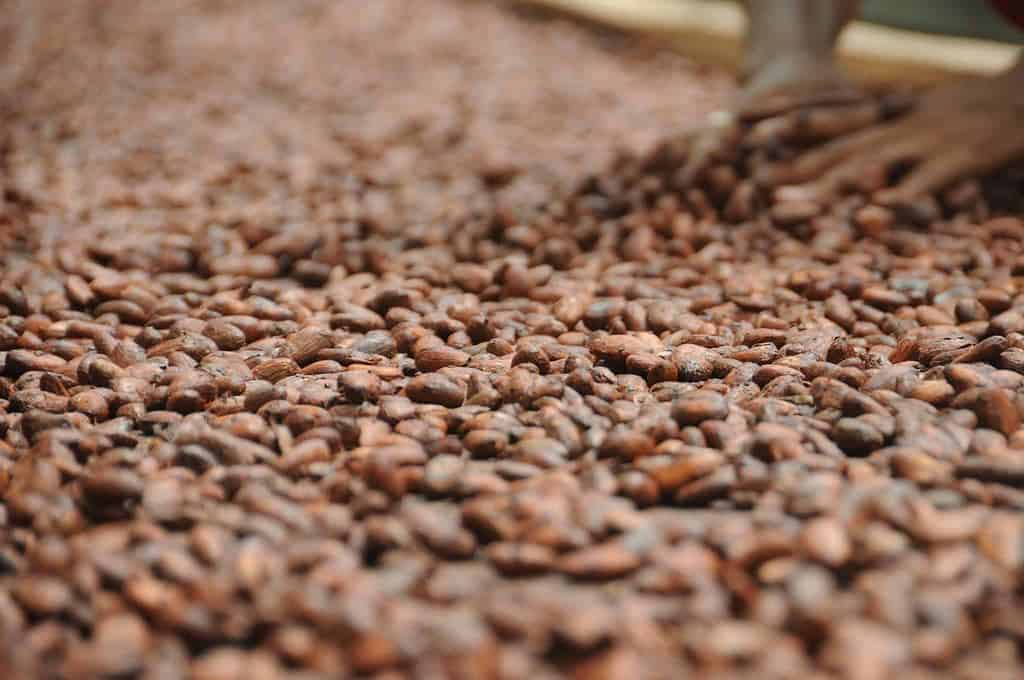To Stop Child Labor, the Cocoa Industry Must Tackle Systemic Issues of Poverty

- Blog
- Agriculture
The June 5th Washington Post article on child labor in cocoa farming, “Cocoa’s child laborers,” served as a vivid reminder of the persistence of this problem, which first came to light about two decades ago.
The industry has tried many logical and well-intentioned strategies to tackle child labor, including certification schemes that pay farmers more for cocoa when there are no children working on their farms. But certification is prohibitively expensive for poor farmers, and enforcement and monitoring is inadequate on its own to end the practice, even on certified “child-labor free” cocoa farms. As a follow up, on July 2nd the Washington Post reported that the two West African governments responsible for most of the world’s cocoa supply announced a 10% increase in cocoa prices, however it is unclear if any of that increase will make it to farmers.
Individual tactics, such as monitoring, certification and even price increases, fail to address the underlying problems of poverty. Tackling poverty requires engaging with a complex set of factors, like low commodity prices, weak land ownership rights, inadequate farming infrastructure, social norms that limit opportunities for women and young people, and lack of access to markets for businesses outside of commodities like cocoa. For farming households, hiring outside labor rather than having their own children work during the harvest can mean the difference between breaking even and suffering a loss. This is an industry where most farmers live below the poverty line and regularly earn less than it costs them to farm cocoa.
Some industry actors are starting to develop programs to tackle the challenges facing farmers, but there is no one approach, program or sector that can resolve the complex challenges of poverty on its own. That’s why Acumen has been investing in new ideas from bottom-up, locally driven social enterprises that address a full spectrum of issues related to poverty.
Based on research conducted by Acumen, and published recently in our report “Cocoa Interrupted,” social enterprises – which we define as purpose-driven for-profit businesses that aim to solve a social problem – offer tremendous opportunities to tackle the challenges of poverty facing cocoa growing communities. These companies keep their low-income customers or suppliers at the heart of their business model, distributing products and services like affordable clean energy, tech enabled education, or opportunities to engage in the global marketplace to communities that have often been ignored or exploited by traditional market forces. To date, Acumen has invested in 119 social enterprises that have gone on to impact 263 million people by delivering access to off-grid electricity, improved livelihoods for farmers, and training that can help those left out of the formal economy to secure reliable and dignified work.
In the case of cocoa farming in West Africa, our research has identified a promising set of nearly 30 businesses that are serving the needs of cocoa farmers and helping them tackle their biggest challenges. Acumen investee PEG Africa, employs roughly 550 Ghanaians in rural areas as distributors of solar home systems, which are sold on credit, and reduce household expenses for energy, as well as health risks associated with burning of kerosene, with an estimated 55,000 customers in Ghana, Cote d’Ivoire and Senegal. Another example is Farmerline, which partners with the chocolate industry to provide cocoa farmers with better access to information on growing practices, weather and cocoa prices to make it easier for them to earn a living-income from their farms.
The chocolate and cocoa industries are starting to experiment with these entrepreneur-driven models, that engage local businesses as partners and allies in creating more sustainable solutions for cocoa growing communities, but there is still a strong bias against investing in unproven business models. Most new initiatives seek quick, predictable outcomes, when innovative solutions that aim for long-term scale and sustainability are needed most. Partnering with a social enterprise requires real commitment, and a willingness to weather the ups and downs of a start-up, but the long-term yield of sustainable and scalable models make social enterprises a vitally important part of the solution set needed to address poverty in West Africa.
Investing in a robust ecosystem of entrepreneurial solutions is a missing piece in making chocolate a more ethical and sustainable product. The children caught up in this complex set of challenges (and engaged in the worst forms of child labor on cocoa farms) deserve no less than our best thinking, and an openness to ideas that may come from an unlikely new ally in the effort to make cocoa more sustainable: social enterprises.
Acumen will continue to focus on cocoa sustainability because it represents an opportunity to catalyze real change in the lives of cocoa farmers. We will facilitate relationships between promising social enterprises like PEG Africa and industry players where we see opportunities for concrete impact. We will also continue to share lessons from this work and encourage the chocolate industry and other stakeholders to share what they learn from integrating entrepreneurial solutions into their strategy.
If you’d like to follow our progress or help us drive forward this work to encourage more entrepreneurial strategies, please reach out. And stay tuned for updates on the unique ways that social enterprises are impacting cocoa growing communities across the globe.